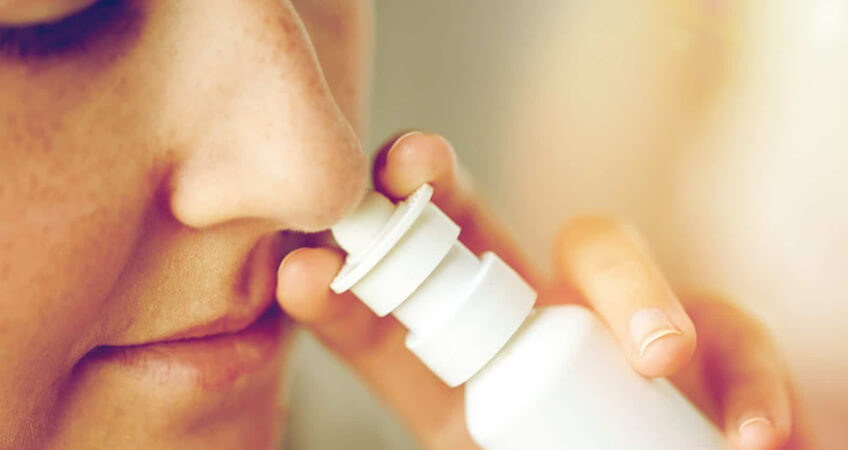Ketamine is one of those rare substances that has taken on various personalities over time according to its uses. Not too long ago, ketamine was either used in powdered or clear liquid form as an anesthetic used on American soldiers in the Vietnam war, as a sedative used to assist with surgery on wild and domesticated animals, as an aid in alternative psychotherapies of the time, or as party drug with the street name “special K”. For its hallucinogenic effects, partygoers injected, mixed in drinks, snorted, or added Ketamine to joints and cigarettes. At high doses, users experienced an effect referred to as “out of body” or “near-death” experiences. Thus, Ketamine, categorized as a “dissociative anesthetic,” was placed on the list of controlled substances in the US in 1999.
Today, it is the newest drug used in the treatment for depression, the first truly new FDA approved the medication for depression in decades. This is likely due to the “dreamlike state” it creates for those to whom it is prescribed, those whose depression is treatment-resistant, or hasn’t responded well to psychotherapy or antidepressants in treatment thus far.
How Does Ketamine Work?
While depression medication may help alleviate some of the symptoms of moderate and severe depression, it doesn’t necessarily mean that the antidepressant will be useful in curing the underlying problem. In addition, it is not typically intended to be a long-term solution. Medications also come with side effects as well as safety concerns, and withdrawal can be severe. For example, with a medication like Valium that belongs to the benzodiazepine class, the anti-anxiety effects only last while the medication remains in your system. Withdrawal from Valium may trigger rebound anxiety, with additional symptoms such as shaking, muscle cramps, vomiting, excess sweating or even seizures. Clearly, this interferes with one’s ability to learn new skills and implement a behavioral activation or relapse prevention plan.
Ketamine on the other hand, whether delivered through the nasal spray with brand name esketamine, or delivered through IV infusion treatments, works differently than any other medication on the market. Under the influence of mild doses of ketamine, regions of the brain in the cortex are stimulated, and new connections are created and solidified. These reactions to the medication survive in its absence and represent the possibility of changed thoughts, new behaviors, and cultivating a less emotionally-reactive perspective. Of course, as with all recovery movements, lifestyle changes, including therapy, are imperative and will not only help speed-up recovery from depression but also provide skills to help patients cope with a recurrence.
What makes this newly approved treatment effective is because it works by side-stepping the serotonin hypothesis, and instead triggering the production a neurotransmitter called glutamate. Together with GABA, these neurotransmitters are believed to comprise 80% of electrical activity in the brain and responsible for the majority of brain activity, including the regulation of mood. In the push-pull of activity, ketamine increases the release of glutamate, which in turn prompts the brain to seek new connections and form new wired pathways that are responsible for more positive thoughts and behaviors.
Unlike most antidepressants that take up to four to six weeks to take full effect, it’s ketamine’s fast-acting action that offers hope for individuals who are severely depressed. Many are seeing results in the first 24-hours of intake, which makes those with treatment-resistant depression, easily tempted to misuse or find themselves locked in psychological dependence. Very little is known about the long-term effects of antidepressant ketamine, and while dependence and addiction are uncommon thus far, regular use including taking higher doses or using the drug in risky ways is associated with psychological cravings, or other withdrawal symptoms. When used appropriately, and as prescribed by a physician, those with depression may actually be able to
• Authentically experience “good” emotions
• Genuinely enjoy socializing with others
• Effectively cope with obstacles and life stressors
• Newfound motivation for self-care
• Increased energy and ability to complete tasks & invest in other life skills
• Shake off criticism instead of developing a sense of helplessness
It’s not hard to see how Ketamine provides options for those who have been depressed for long periods of time. Give us a call today to learn more about our in home rehab, and how we can help you recover from the depression that so often goes hand in hand with addiction.

